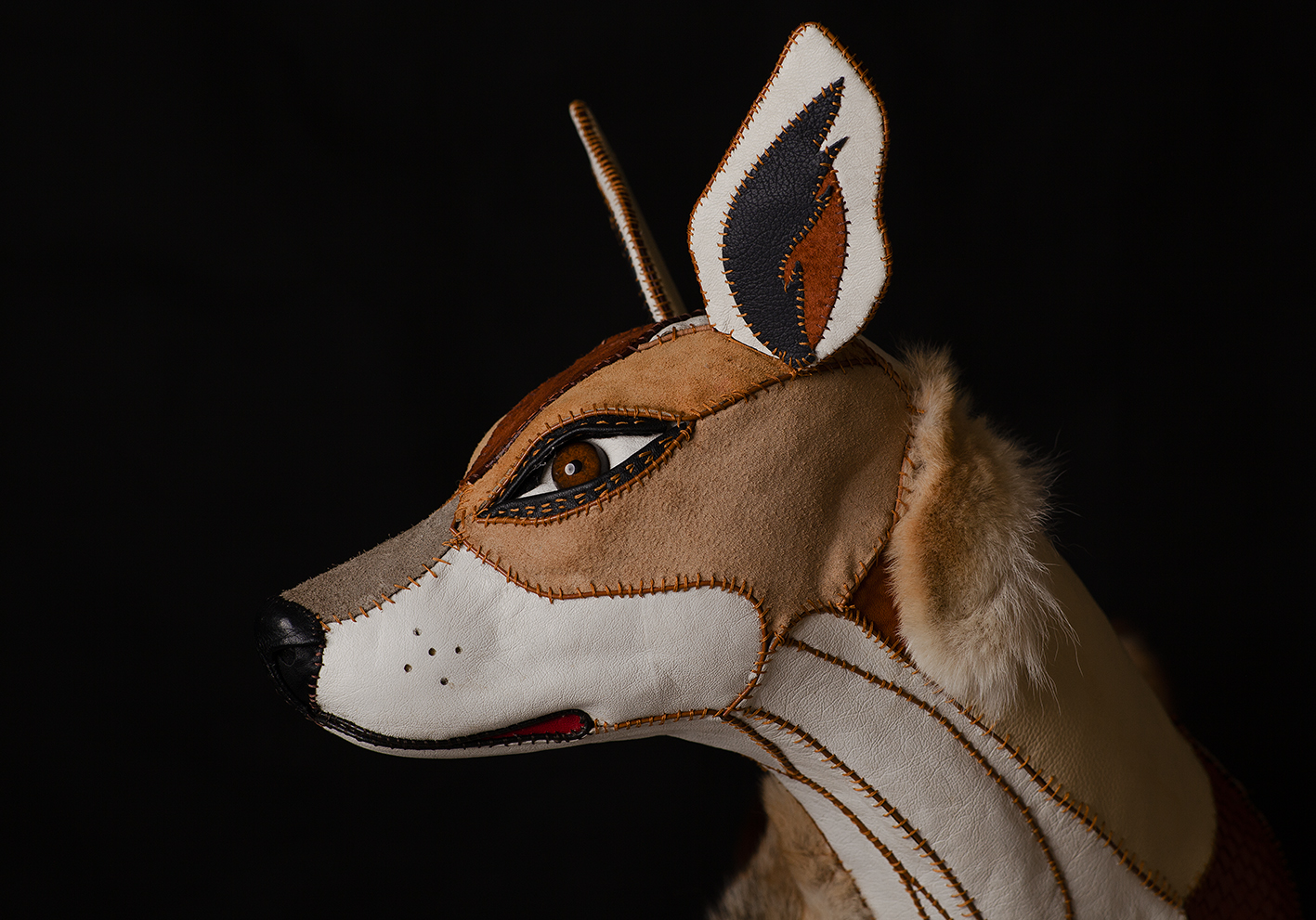Melbourne Knowing Animals Reading Group, 29 April 2019
The Melbourne Knowing Animals Reading Group recently engaged with Carol Adams’ work with the animal industrial complex, a term coined by Barbara Noske and elaborated upon by Richard Twine.
There has been considerable work to apply Marxist approaches to animal studies, since the work of Noske, and in more contemporary philosophical engagements (mowson). This question is not new. George Orwell most famously highlighted the role nonhuman animals play in production processes in his celebrated classic novel, Animal Farm (McKay).
The extension Richard Twine provides to the idea of ‘complex’ was discussed, particularly where he takes this heuristic beyond ‘a conglomerate’ or ‘a network’ to include ‘the complex’ that impedes ready understanding and the psychological damage suggested by ‘a complex’ (20).
We then spent some time considering what might be the difference between slave and alienated worker, with production being the focus of our analysis. This was related to recent academic thought about agricultural/laboratory animals as workers and some rebuttals to that position. We found grey areas in Marxist modes of analysis, but agreed this thinking can further philosophical understanding of the animal industrial complex (Bromberg). It was agreed that intensive agricultural industries are the least controversial example for discussion of slave/labour supplied by nonhuman animals (mowson). The labour of companion animals was then discussed, considering the types of labour they enact, in a broader context of their role in the animal industrial complex. The point was made that puppy farming is classified as primary production (King).
We briefly dealt with Adam’s ‘absent referent’, where the animal disappears and all that is left is ‘meat’ (35). As Adams outlines, linguistically based norms ensure non-meat eaters are seen the ‘biased ones with inflamed opinions’ (36). This position was related to the work Melanie Joy has done by introducing the term carnism (mowson).
This took us to Adams’ consideration of the unrealised disruptive potential that ‘mad cow disease’ had on influencing carnist market dynamics. When animals ‘transgress’ boundaries, humans find it ‘very upsetting’ (McKay). The consumer unease Adams outlines was highlighted by an increased awareness that gelatine-based foods involve ‘floor scrapings’, the ‘mess on the abattoir floor’ (mowson). In response, manufacturers quickly found ways to produce gelatine-free foods, often replacing this ingredient with agar agar. Yet soon enough imperatives to minimise waste and leverage on supply chains led to these options becoming less readily available.
Our evening concluded with a broader consideration of the ‘naturalisation’ and ‘normalisation’ processes surrounding eating practices (Davies). The current ‘naming wars’ surrounding ‘milk’ and ‘meat’ were discussed, with mention of the USA cattle farmers driving a campaign to disallow animal flesh produced intensively to be branded as meat (mowson). At the same time, markets for vitro meat are rapidly developing, with ‘pet’ food the initial manufacturing focus, due to less stringent food testing requirements (mowson).
In May we will be thinking through responses to the hunt.
Work read: Adams, Carol J. 1997. “Mad Cows and the Animal Industrial Complex: An Ecofeminist Analysis.” Organization & Environment. 10 (1): 26-51. Reference also made to Noske, Barbara. 1989. “Animal Industrial Complex.” In Humans and Other Animals. London: Pluto Press. p22-39 and Twine, Richard. 2010. “Revealing the Animal Industrial Complex.” Journal for Critical Animal Studies. 10 (1): 12-39.
Summary by Sue Pyke in close consultation with Leo Bromberg, Olivia Davies, Elise King, Laura Jean McKay and lynn mowson.



